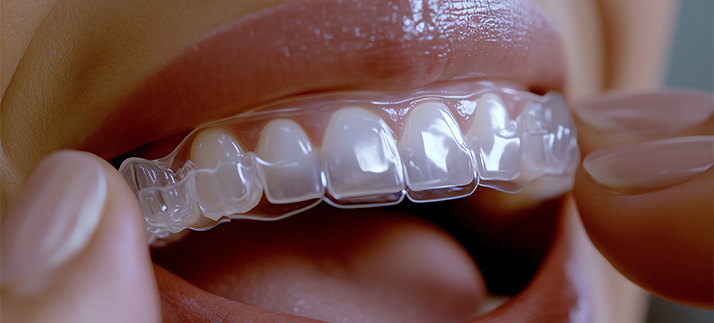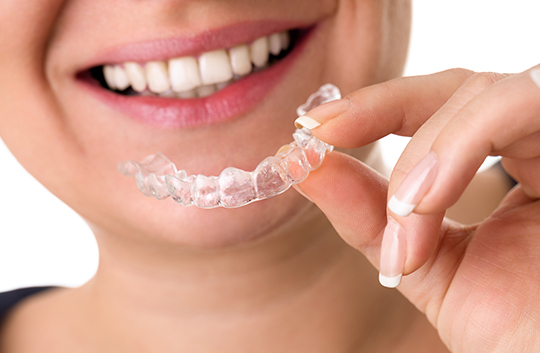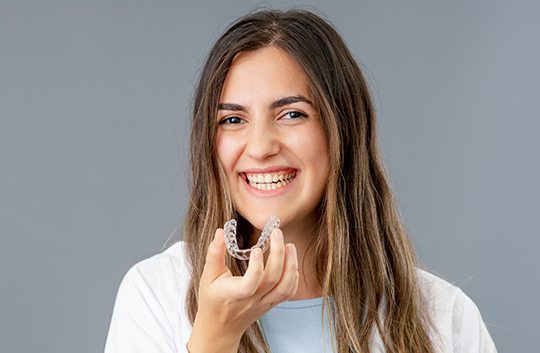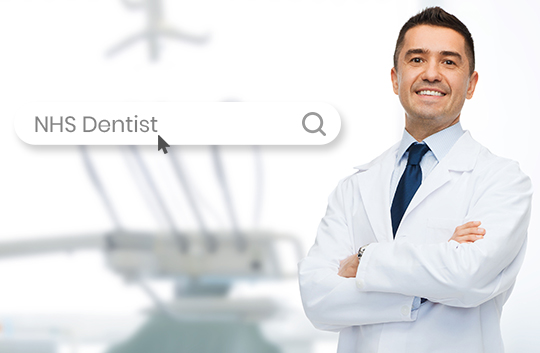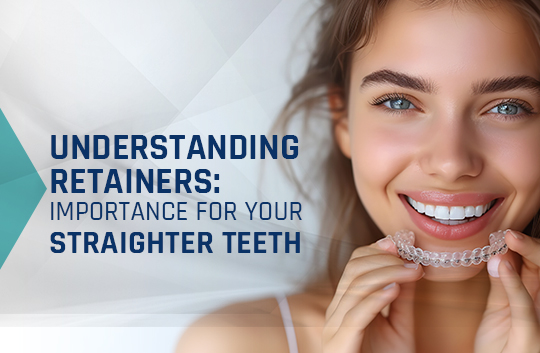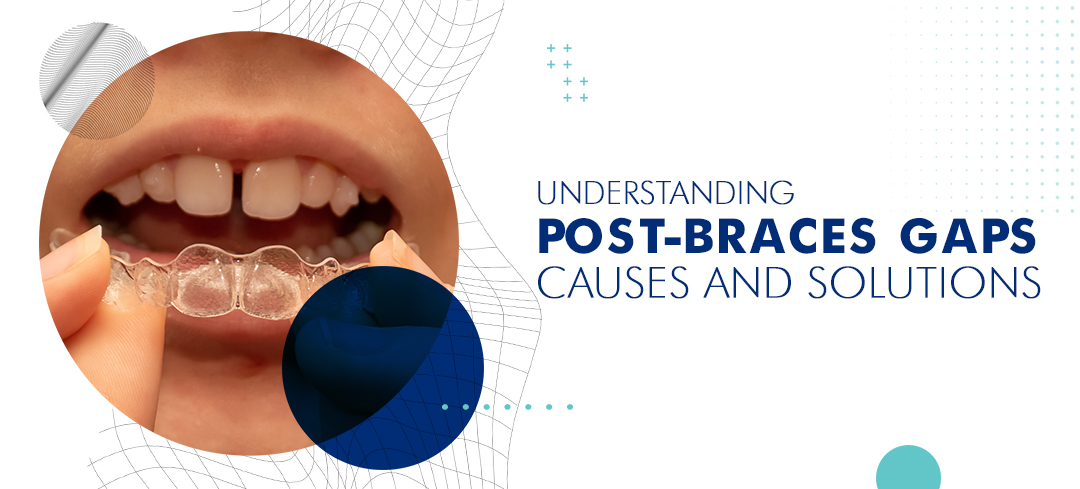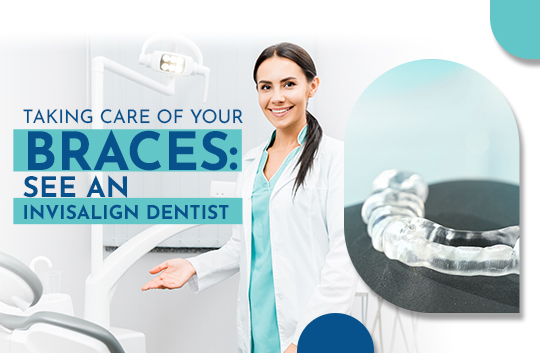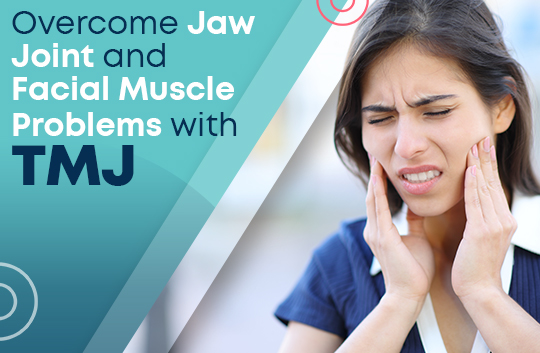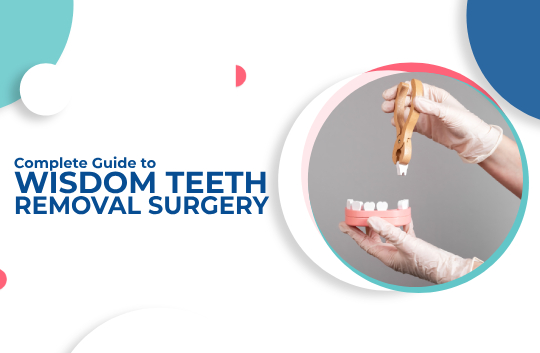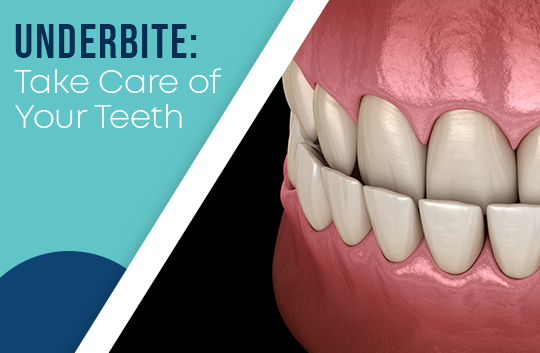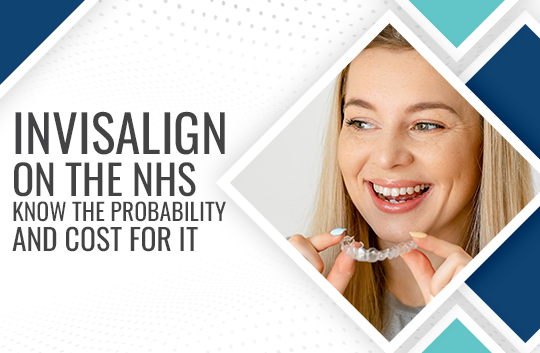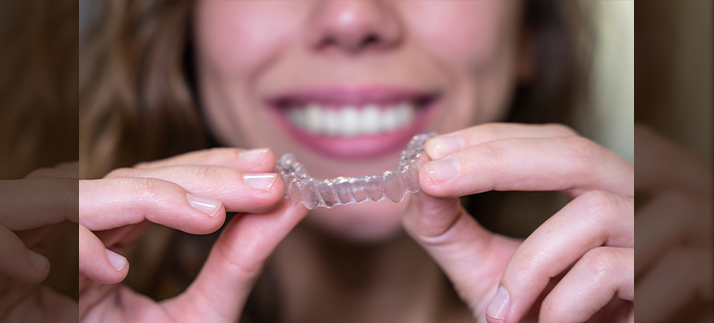

How Adults can Maintain Good Dental Hygiene
- How to brush teeth properly: Know the right techniques
- Flossing daily: Importance of doing it in the correct way
- Mouthwash: Use it for good oral health
- Dietary Concern: Foods to Eat and Avoid for Better Oral Health
- Sugar: Its Effect on your Teeth and Gums
- Smoking: How it can Affect Your Oral Health
- Alcohol: Impact it Leave on Your Teeth and Gums
- Chewing Gum: How it help to Maintain Good Oral Health
- Routine Dental Check-Ups: Their Importance and How Often to Perform them
- Dental Treatments: Know your Options to Maintain Good Oral Health
- Oral Hygiene Products: Select the Right Toothpaste, Toothbrush and Floss
- Oral Health: How to Maintain Good Oral Health with Age
- FAQs
Do you know maintaining good dental health is essential for the adults? Well, it is linked to your overall health and well-being. Improper oral hygiene may be the reason for different health problems such as tooth decay, gum disease, diabetes and heart disease. So, prioritising oral health and maintaining good oral hygiene habits is necessary.
How to brush teeth properly: Know the right techniques
Brushing teeth properly is essential to maintain good oral health. You should brush teeth at least two times in a day with a soft-bristled toothbrush and fluoride toothpaste. Hold the toothbrush effectively at an angle of 45-degree to your hums and and apply circular motions. Make sure you brush all the teeth surfaces which include – the front, back, and chewing surfaces. Besides, brush your tongue to get rid of bacteria and freshen up your breath.
Flossing daily: Importance of doing it in the correct way
Flossing is a necessary part of improved oral hygiene. Though brushing can clean your teeth surface, flossing helps to get rid of plaque and food particles from between the teeth and along the gum line. This can prevent the problem of tooth decay and gum disease. To floss correctly, take a piece about 18 inches long around the fingers and leave a few inches in between them. Slide floss gently in between the teeth by bending it around each tooth in the motion of C-shape.
Mouthwash: Use it for good oral health
Mouthwash can be beneficial for your oral health. It helps to freshen up breath, reduce the accumulation of bacteria and kill bacteria. But it it won’t be replacing either brushing or flossing as the main oral hygiene methods. Mouthwash may be used after brushing and flossing to offer additional layer of protection. Choosing a mouthwash which is alcohol-free and has fluoride is important for optimal oral health benefits.
Dietary Concern: Foods to Eat and Avoid for Better Oral Health
Your diet has an important role in your oral health. Consuming certain kinds of foods can be beneficial for your teeth and gums to prevent gum disease and tooth decay. Foods which are rich in calcium and dairy products, are useful for your teeth straightening. Eating crunchy vegetables and fruits like apples and carrots can clean teeth in a natural way. On the other hand, it is important to avoid foods which may cause harm to your oral health such as acidic foods, sugary snacks, sticky candies and drinks.
Sugar: Its Effect on your Teeth and Gums
Sugar may leave a detrimental effect on your teeth and gums. When you consume sugary foods or drinks, the bacteria present inside the mouth can feed on sugar and produce acids attacking the teeth enamel. This might be the reason for mouth cavities, gum disease and tooth decay. In order to lessen the effects of sugar on your oral health, you should restrict the intake of sugar and practise good dental hygiene habits. Brushing teeth after consuming sugary foods or drinks may help to eliminate sugar residue and lessen the damage caused to them.
Smoking: How it can Affect Your Oral Health
Smoking has several adverse effects on your dental health. It can increase the risk of gum disease, oral cancer, tooth loss and delayed healing after dental procedures. Smoking may cause stain to the teeth, leading to bad breath problem. Quitting smoking is vital foe improving oral health and overall well-being. If you are a smoker, seek professional help or using smoking cessation aids to lessen this harmful habit.
Alcohol: Impact it Leave on Your Teeth and Gums
Alcohol can leave a negative impact on your oral health condition. Consuming excess amount of alcohol may be the reason for dry mouth, which increases the risk of gum disease and tooth decay. Alcohol can cause irritation to the tissues in your mouth, leading to oral cancer. Reducing the intake of alcohol and practising good oral hygiene can help to alleviate these risks.
Chewing Gum: How it help to Maintain Good Oral Health
Chewing sugar-free gum can stimulate production of saliva and maintain good dental health. It helps to neutralise acids in the mouth and wash away food particles. Saliva has minerals for strengthening the tooth enamel but you should choose sugar-free gum to prevent negative effects of sugar on your teeth.
Routine Dental Check-Ups: Their Importance and How Often to Perform them
Regular dental check-ups are vital for maintaining good oral health and hygiene. Dentists identify early signs of oral concerns such as tooth cavities or gum disease and suggest appropriate treatment for your case. It is advisable to see a dentist once in every six months for routine check-up and mouth cleaning. The frequency may differ based on individual needs and existing dental problems.
Dental Treatments: Know your Options to Maintain Good Oral Health
There are different kinds of dental treatments available to maintain improved oral health. Some of these include – fluoride treatments, dental sealants, professional cleanings and restorative treatments such as crowns or fillings. Orthodontic treatments like aligners or braces can improve dental health by correcting the problem of misaligned teeth and bite concerns. You will have to consult with the dentist to know about the treatments available for your specific needs.
Oral Hygiene Products: Select the Right Toothpaste, Toothbrush and Floss
Choosing the right oral hygiene products is important in order to maintain good dental health. When selecting a toothbrush, use a soft-bristled brush only that can effectively clean teeth without causing any damage to the gums. Fluoride toothpaste is advisable to strengthen tooth enamel and prevent tooth cavities. For flossing, you will find different kinds available, such as flavoured or unflavored, waxed or unwaxed. Select a floss you find comfortable to use and that can eliminate debris and plaque effectively.
Oral Health: How to Maintain Good Oral Health with Age
Your oral health begins to change as you grow old and this makes it important to adapt with dental hygiene routine. Older adults are highly prone to dry mouth, gum disease and tooth loss. Routine dental check-ups are more crucial in identifying and addressing any issues promptly. It is essential to continue practising good oral hygiene habits such as brushing two times in a day, flossing daily and using a mouthwash. Take a healthy diet and avoid tobacco and excessive consumption of alcohol to maintain your oral health due to age factor.
Maintaining good oral health is necessary for adults as it is linked to overall health and well-being. By following proper brushing techniques, flossing daily, using a mouthwash and following a healthy diet, individuals will be able to significantly lessen the risk of dental problems such as gum disease and tooth decay. Say no to cigarettes and excessive consumption of alcohol which might contribute to your improved oral health. Routine dental check-ups and conducting necessary dental treatments are crucial components of maintaining good oral health throughout your life. Make sure you prioritise oral hygiene and make proper choice for your oral health. This way, individuals will be able to enjoy healthy smile and improve their overall quality of life.
FAQs
What should you know about oral health?
Oral health is about the health of your gums, teeth and mouth. It is essential to maintain good oral health and avoid oral problems such as gum disease, bad breath and cavities.
Why is dental health important?
Oral health is important because it may affect your overall health. Improper dental health can be the reason for oral concerns leading to extreme discomfort and pain. It may even cause other health concerns such as diabetes, respiratory infections and heart disease.
What can adults do to maintain good dental health?
Adults may help to maintain good oral health by brushing teeth two times a day with fluoride toothpaste, flossing daily, eating a healthy diet, restricting the intake of acidic and sugary foods and drinks, avoiding tobacco products, and seeing the dentist regularly for routine check-ups and mouth cleanings.
How often should adults need to see the dentist?
Adults should see the dentist once in every six months for their check-up and cleaning. Some people may require visiting the dentist often when they suffer from dental problems or have higher risk of oral concerns.
What are some signs of poor dental health?
Some signs of improper oral health include tooth decay, bad breath, tooth sensitivity, tooth loss and gum disease. If you suffer from any of these symptoms, it is necessary to visit the dentist soon.
Can bad oral health affect other body parts?
Yes, poor oral health might affect your other parts of the body. According to research, there is a link between poor oral health and other health concerns such as respiratory infections, diabetes and heart disease. It is important to maintain good oral health and prevent these health concerns.
 70 Great Russell St, Holborn, London WC1B 3BN, UK
70 Great Russell St, Holborn, London WC1B 3BN, UK



